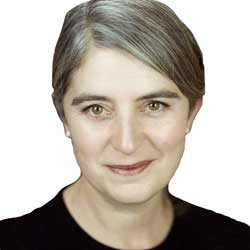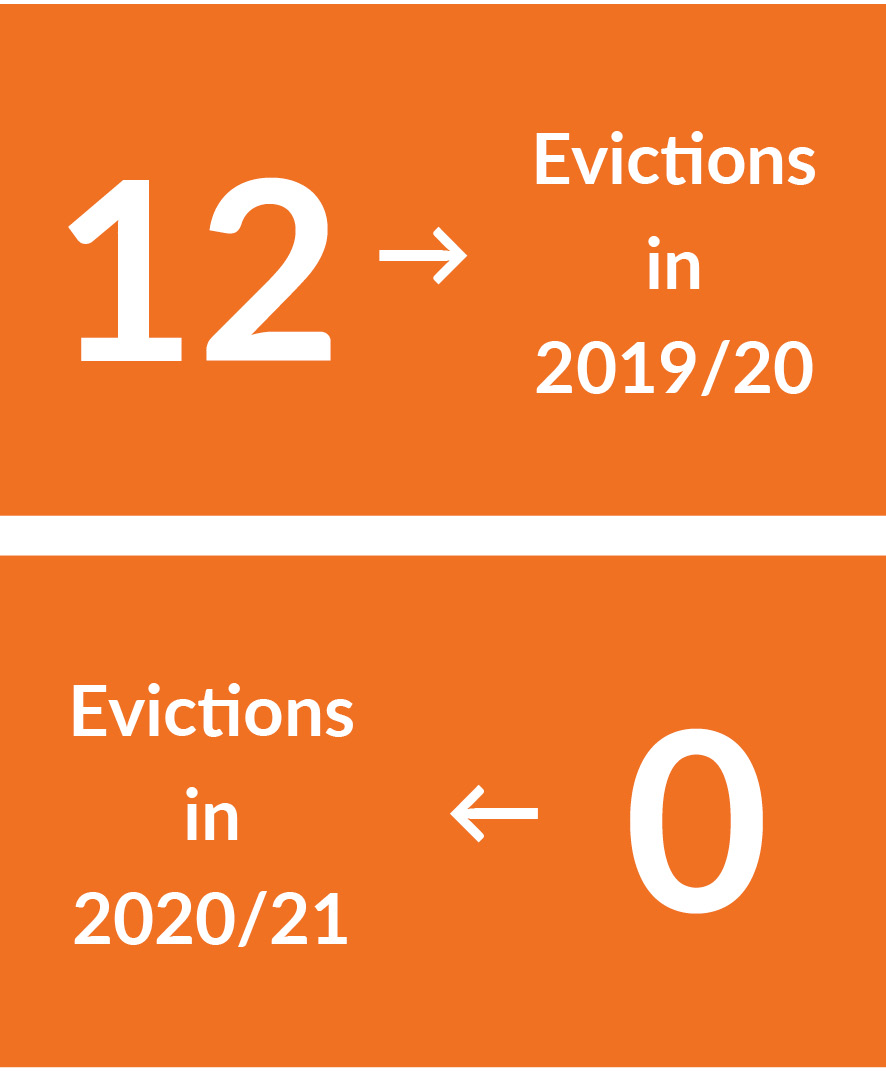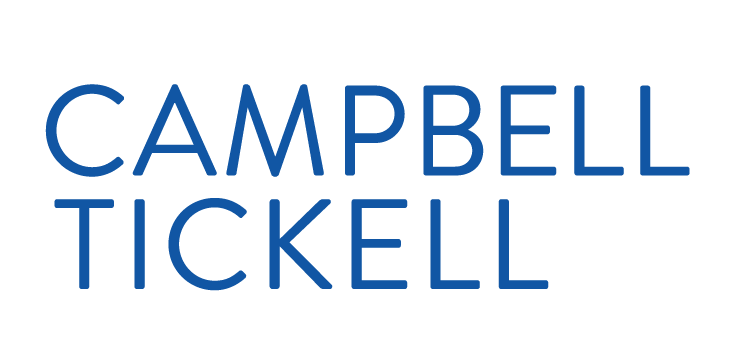How housing can learn from the international development sector
Relationship building should be at the heart of every community-based landlord’s mission
Kate Wareing, chief executive of Oxfordshire’s Soha Housing, has a background in international development, which informs how she thinks about the role of a housing provider.
“I think there's an awful lot of parallels actually between some of the ways in which we need to think about what our mission is,” she says. In particular, she adds, both of them should have what she calls “building resilience” in communities as their primary aim – something which she believes is rooted in relationships.
“I think we have a great opportunity as an association generating significant surpluses, to really think holistically about what it takes for communities to thrive and residents within them to lead full lives,” says Wareing.
Building resilience
She thinks too many housing providers have often focused on too narrow a set of outcomes when trying to help their residents, such as helping them into employment or helping them better manage their finances. This, she explains, is only a part of the job.
“An awful lot of residents of social housing lead very precarious lives,” says Wareing. “And as associations, we tend to focus on income maximisation, potentially a bit of help back into employment, or giving someone an asset – a home.
“But if you think about things in terms of what keeps people okay when they hit a crisis – and everyone hits a crisis in their lives – some of it is savings and money, some of it is assets, whether that be a house or car… but an awful lot of it is relationships. And we saw that in the pandemic: everybody intrinsically knows that the way you hold your job down is if you’ve got friends you can call on to pick your kids up from school the day they get sent home sick rather than having to leave yourself; it’s who you can rely on, who will bail you out when you know the benefit cheque is delayed. As a community-based landlord, the idea that part of our job is to build the relationships that help people stay safe, that’s something I'm very committed to.”

Kate Wareing CEO, Soha Housing
“If you think about things in terms of what keeps people okay when they hit a crisis – and everyone hits a crisis in their lives – some of it is savings and money, some of it is assets, whether that be a house or car… but an awful lot of it is relationships.”
Community mutual model
Soha is well placed to do some of this work, being one of only a handful of community mutual associations in the country, meaning it is owned by residents and staff, with both groups having significant representation on the board.
One aspect of this structure is that – alongside more traditional KPIs around resident satisfaction and repairs undertaken – one of the ways that Soha tracks its performance is to measure the number of evictions it carries out.
According to figures from the Regulator of Social Housing, during the pandemic year of 2020/21 – when evictions were banned in most cases – there were none, while in the previous year there were 12. This compares to 798 evictions reported by English housing providers with more than 1,000 units in 2020/21, and 10,311 evictions by those providers in 2019/21.
“Eviction is something we see as a failure,” says Wareing. “Our job is not to evict people; our job is to stop that eviction being required.

Empowering residents
Soha also tracks things that Wareing reluctantly describes as “the softer side of the service offer”, based around “advocacy”, or empowering residents to take action in their communities.
“We’ve got an area in the corporate plan about advocacy, which is potentially quite unusual. [This includes] both things that as an organisation we want to advocate on, but also enabling communities to take action on things that matter to them,” she explains. “And what we are measuring is whether the communities have taken actions that matter to them. We don’t know what those are going to be because it’s not for us to say what needs to change, but we need to be able to check that that is delivering something positive.”
Wareing knows that some of the things Soha wants to achieve in terms of community action will remain unquantifiable and may not fit into the value for money framework that so many organisations – including housing providers – have been wedded to for so long. This might require a change in priorities for some, but it’s one that she believes is necessary if housing providers want to fulfil their true purpose.
“We don’t have to prove how many pounds have been saved for everything that we do because actually it’s about improvement in people’s quality of life,” she concludes.

